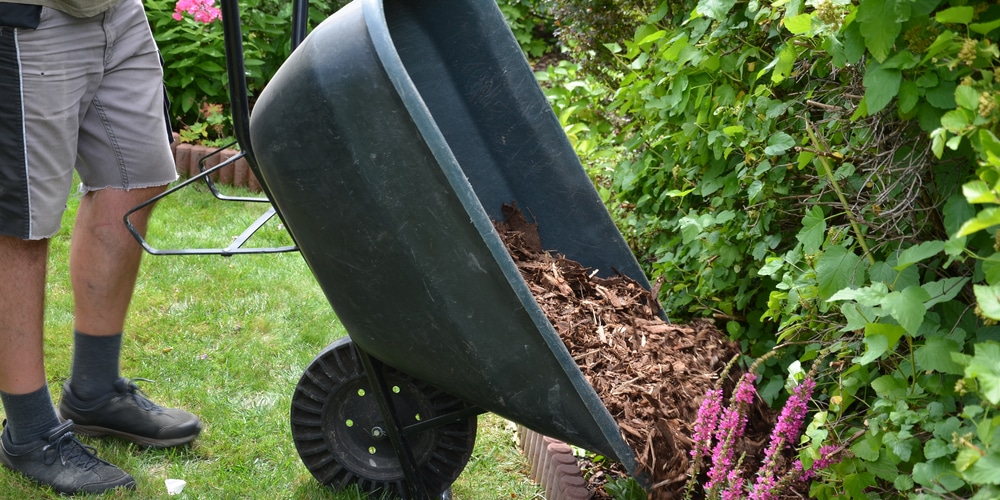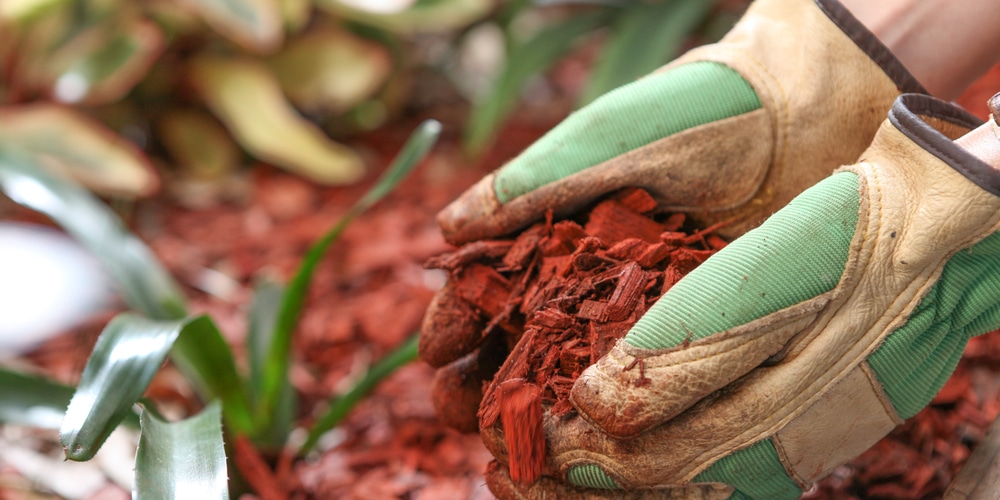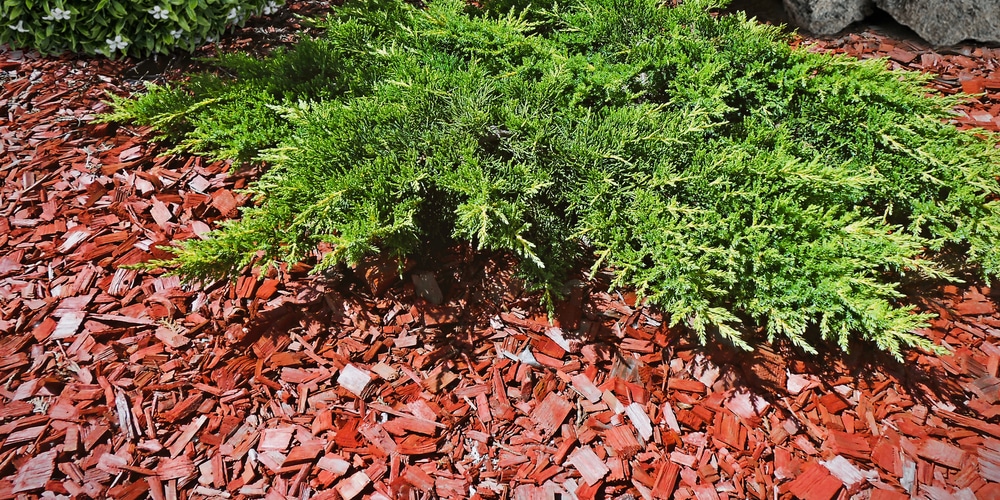Mulch is a general term used to refer to any protective covering placed on the ground. It may include sawdust, compost, papers, Mulch vs. Bark vs. Woodchips. Mulches are commonly classified into bark mulches or woodchips used in various landscaping and gardening roles.
Some of the purposes employed by organic and inorganic materials include cultivating plants and protecting garden specimens. Notably, there is a greater overlap in their terminologies and their use. They both consist of varying elements and uses in landscaping and gardening. However, the woodchips and the mulch have different meanings in other fields.
Mulch vs. Bark vs. Woodchips: Mulch

Ordinarily, mulch comprises any material usually placed around the soil’s surface around the plants. Bark mulch is usually tough and has a smooth texture compared to woodchips. Mulch is organic and serves the following functions:
* Controlling the population of weed
* Stabilizing the soil moisture
* Reduction of water evaporation
* Erosion prevention
* Prevention of soil compaction
* Moderation of soil temperature when the conditions are extreme
The components that are used to make mulch usually differ in considerable amounts. They often include organic and inorganic compounds. Organic mulches are significant since they help increase the microbial activity in the soil, thereby enhancing the quality of the soil and reducing compaction. Moreover, mulch is important in enhancing an aesthetic uniformity to gardens and the landscape atmospheres.
Bark mulch is an excellent choice for gardening professionals since it is easy to use and has an organic nature that is vital for enhancing the quality of the soil with time-lapse.
Types of Mulch
Mulch may exist in various types and are categorized as organic or inorganic mulches.
* ORGANIC MULCH TYPES: Some types of organic mulch include grass clippings, pine bark, pine needles, shredded hardwood material, coffee grounds, and leaves, among others.
* INORGANIC MULCHES: The common types of inorganic mulches include pebbles, artificial pine needles, woven ground cloth, gravel, plastic sheeting, and rubber, among others.
Woodchips
Typically, every mulch type has its merits and demerits once in the garden. Woodchips mulch usually comprises ground-up wood or bark pieces, which is particularly significant when used on shrubs, trees, small fruiting species, and perennials. They are denser and softer when compared to bark mulch. Some of its benefits include:
* Increasing the survival percentage among small trees
* Prevention of damage to plants that are planted in places that have dense rainfall
Scholars have recommended that the amount that one should apply to a specific plant depends on the size of the mulch. Furthermore, they outline that one should apply deeper and wider wood chip mulch on larger trees.
When to use bark?
Instances when using bark mulch is more significant than using woodchips include;
* When someone wants to increase nutritional content in the soil: Typically, bark mulch decomposes more quickly, which helps add nutrients to the soils, unlike woodchips.
* When someone intends to purchase their mulch: A consideration of the cost expense indicates that the bark mulch is more cost-effective than woodchips.
* When the objective is for mulch, instances remain fixed where someone places it. Typically, the bark mulch remains more fixed and is probable for grounds that may trigger the movement of the mulch. In such a case, woodchips would not serve the intended purposes since they are prone to be blown away or washed away.
* Cases where nitrogen level and mulch-related benefits are factors. Bark mulch has been established to hold more nitrogen for extended periods compared to woodchips, which have a significant leaching rate.
* If the intention is to use the mulch around the flowers and vegetables: Generally, it is highly advisable to avoid using the woodchips around the vegetables and flower beds since they are coarse. The coarseness is not suitable for the growth of flowerbeds and vegetables since it easily interferes with their growth.
When to use woodchips?
Woodchips as mulching is an excellent selection in the following instances:
* When someone has a ready supply of woodchips. Typically, it is easier to outsource woodchips than other types of mulch. This is because they are readily available and are cheaper. In such an instance, then woodchips are a great option.
* A tidier look and feel. This type of mulch is dry and tidier than any other mulch. For this reason, they are preferable for landscaping sites that have regular interference since maintaining them is easy in comparison to different types.
* When someone needs long-lasting mulch, this type of mulch typically lasts longer than the bark mulch since it does not decompose as quickly as the bark mulch does. Replacing them is not as often as when using the bark mulch.
* When someone isn’t concerned about additional enrichment of soil nutrients, unlike the bark mulch, woodchips do not add significant nutrients to the soil, and the worry of replacing the nutrients is unnecessary.
Mulch vs. Bark vs. Woodchips: Which is best for a garden?
It is highlighted that both types of mulches have advantages and disadvantages. Both will provide good ground cover, hinder weed growth, enhance soil moisture retention, and reduce water loss. However, bark mulch is more advantageous since it decomposes easily, providing essential nutrients vital for the growth of plants and sustaining a rich garden.
Mulch vs. Bark vs. Woodchips: Which is preferable for landscaping?
Typically, woodchips are preferable when landscaping sites such as pavements and paths where people regularly pass on. They are tidier and neat. It is, however, important to note that as time passes by, they are likely to become darker. Another reason that makes them more suitable for landscaping is that they do not require replacement after every few years.
Mulch vs. Bark vs. Woodchips: The bottom line
A comparison on the Mulch vs. Bark vs. Woodchips may picture bark mulch as better mulching, but this depends on the purposes for which someone intends to use the mulch. Therefore, it is important to understand both types of mulches before deciding on any thoroughly. Comparing the pros and cons of each, where one intends to use the mulch, the available budget, and time frames are some of the essential guidelines for selecting a probable mulch type.
Related articles: How many bags of mulch in a yard?

